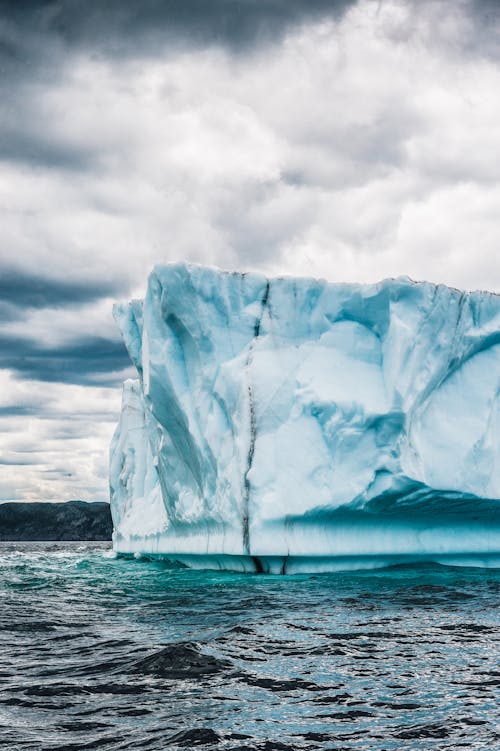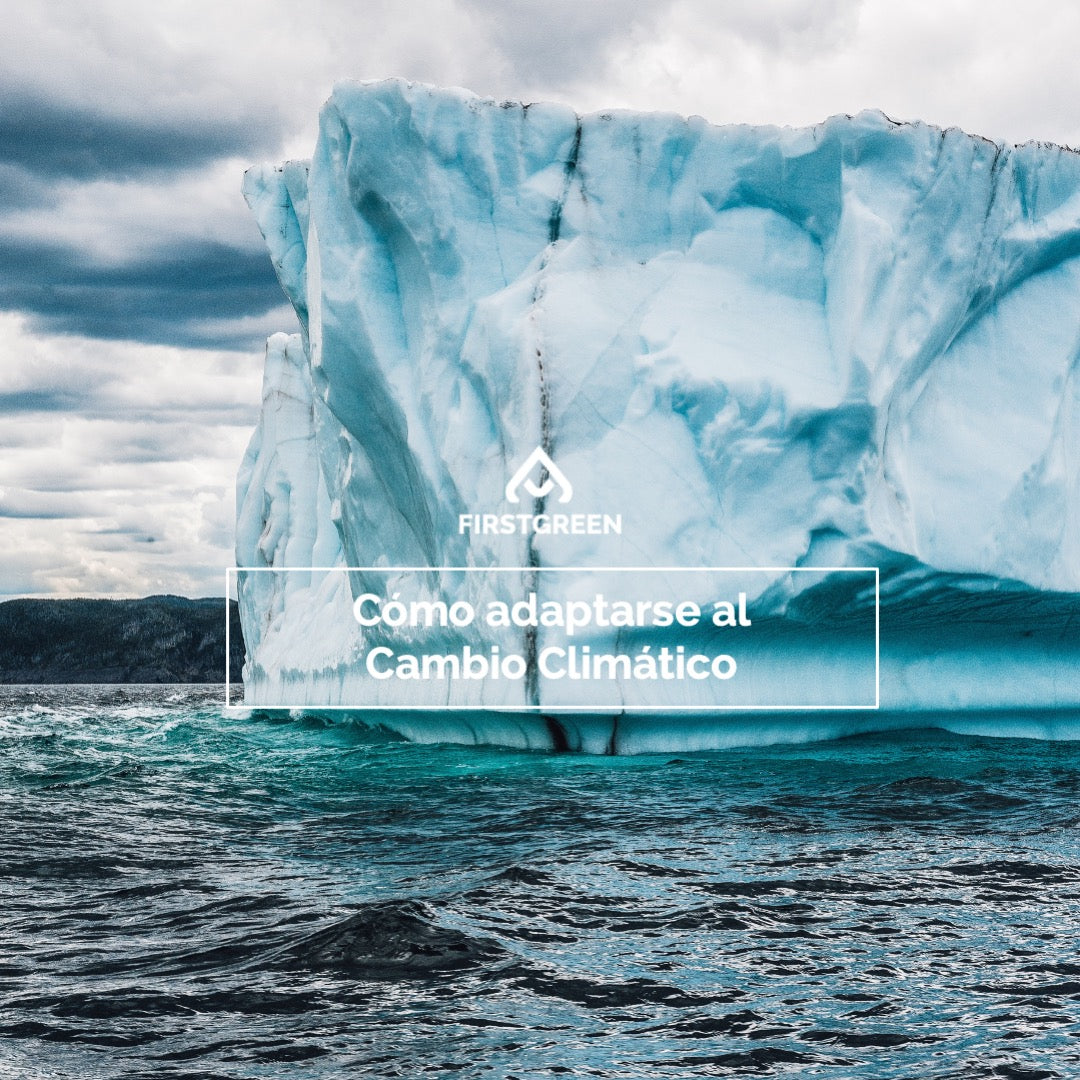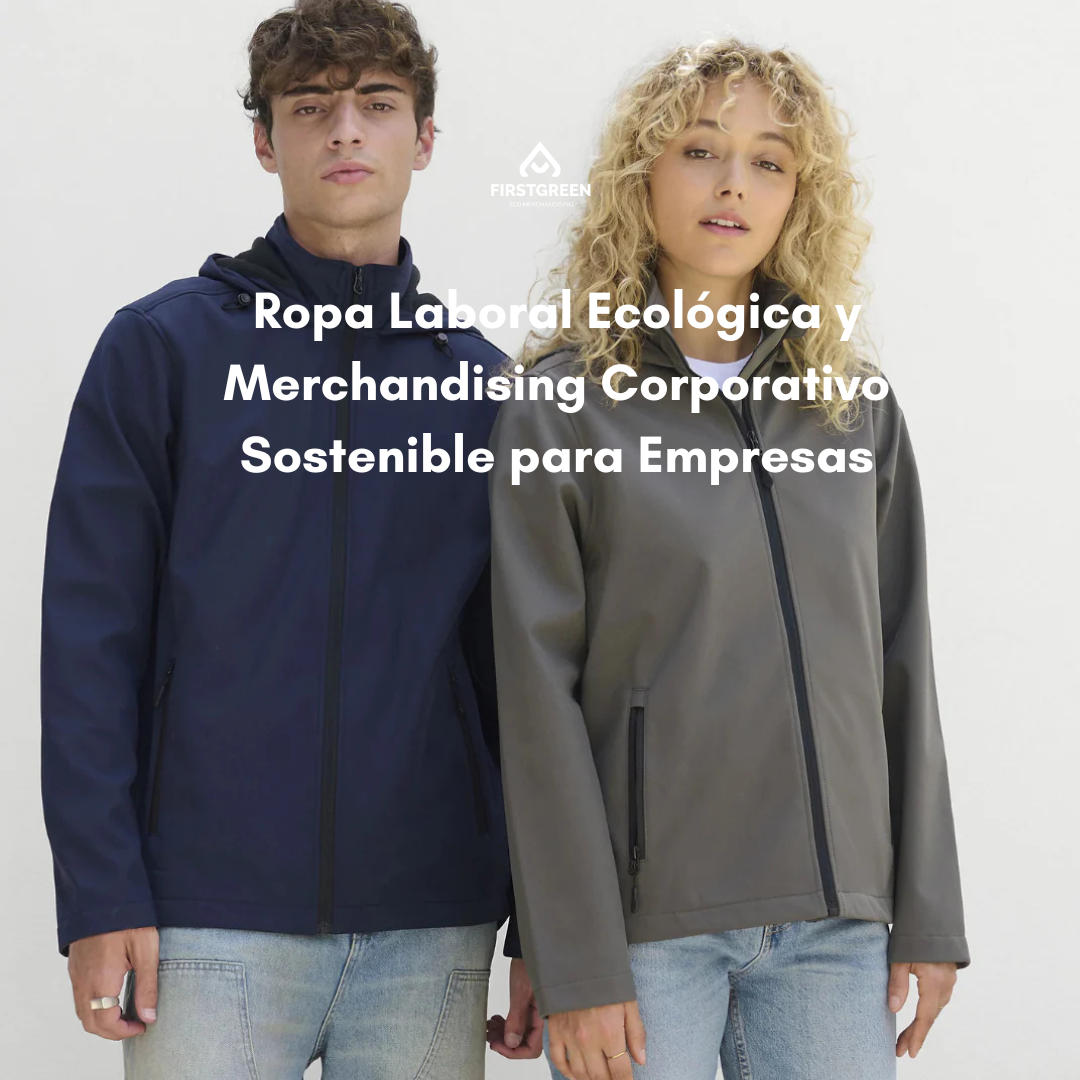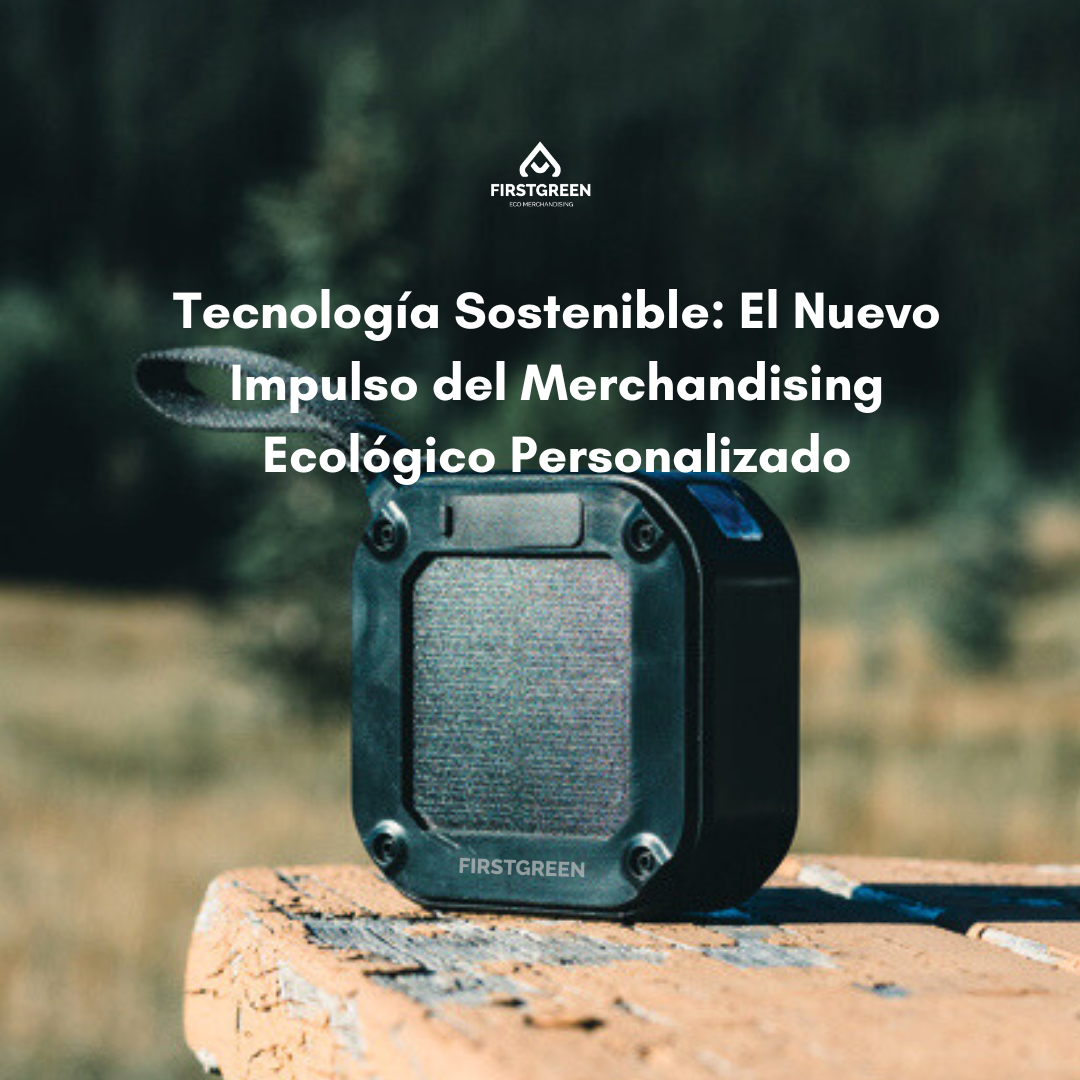
Man-made pollution causes a thermal imbalance on the planet and affects life on Earth.
The increase in temperature directly affects Global Warming, it is estimated that since the pre-industrial era, the temperature has increased by 1.1%, which produces the Melting of polar ice and glaciers, increasing sea level and altering ocean currents. Climate Change with alteration of wind and precipitation patterns. Population and biological imbalances of species. Ecological alterations that favor the proliferation of agricultural pests and a decrease in food production. Negative effects on health, cases of tropical diseases outside their natural range, heat strokes.
What direct effects does pollution have on the planet?
Dealing with the consequences of environmental pollution requires prevention and adaptation to changes that have already occurred , supported by a series of actions that include the development of citizen awareness, legislative measures and technological changes.
How to help mitigate the effects of climate change; prevent and adapt.
EU responses to climate change
Europe is warming faster than the global average, with 2020 being the warmest year on record. According to CMIP6 ( a climate comparison framework designed to improve understanding of climate change), warming will be especially high in Eastern Europe, Scandinavia and the eastern part of the Iberian Peninsula.
Europe, the third largest greenhouse gas emitter after China and the United States, must confront climate change, which produces everything from rising temperatures and the risk of desertification to greater annual rainfall and the risk of flooding.
According to climate studies under different emissions scenarios and socioeconomic pathways underlying these models ( Shared Socioeconomic Pathways, SSP) , such objectives will not be achieved without a drastic reduction of CO2 emissions to zero, and subsequently, net negative emissions around 2050 or 2080.
The EU has committed under the European Climate Law to achieving net-zero emissions by 2050, and to reducing emissions by 55% by 2030 compared to 1990 levels through a review of its legislation included in the “Objective 55” package of measures on emissions reduction and energy.
The EU is also working to achieve a circular economy by 2050, create a sustainable food system, and protect biodiversity and pollinators.
The European Green Deal
In 2019, the European Parliament declared a climate emergency and as a result, the European Commission presented the European Green Deal , a roadmap for Europe to become a climate-neutral continent by 2050.
It includes mechanisms for reducing greenhouse gases according to sectors.
Power plants and industry.
Industry pollutes air, water and land.
Utilities have to buy permits to emit carbon dioxide, they pay according to their pollution. This system covers 40% of greenhouse gases in the EU
Construction and Agriculture
Agriculture has meant the redirection of water and caused pollution through the use of chemicals, pesticides or fertilizers.
Measures for these sectors to reduce polluting emissions will be achieved through agreed national emissions targets, calculated on the basis of countries' per capita gross domestic product. They also committed to reducing pollution in the sector by 40% by 2030.
Transport
Transport contributes to damaging the environment and human health by emitting toxic pollutants and greenhouse gases, generating waste, noise pollution and territorial fragmentation.
In road transport, the European Parliament proposes achieving zero emissions from new cars and vans in the EU by 2035.
Deforestation and land use
The EU wants to use the CO2-absorbing power of forests to combat climate change and update regulations governing deforestation and land-use change.
By enhancing so-called carbon sinks, increasing forest and jungle cover and implementing strategies such as green roofs, we can achieve a greater reduction in emissions than the current target of 55% by 2030.
Imports from countries that are less ambitious with the climate
In order to encourage companies within and outside the EU to decarbonise, it is intended to set a price for imports from certain countries that come from outside European territory, to prevent industries from fleeing to other countries.
Addressing the energy challenge.
Since 2018, the European Parliament has adopted a clean energy policy with the aim of increasing renewable energy consumption by 32% by 2030 and creating the possibility for people to produce their own green energy. In addition, it regulates energy efficiency by 32.5% by 2030, and legislates on buildings and household appliances.
Recycle to avoid
Recycling is a way for citizens to actively participate in preventing the emission of polluting gases into the environment. By recycling immediately, we preserve the environment because:
The work of extracting, transporting and processing raw materials is reduced, with the consequent reduction in energy, CO2 and air pollution.
The extraction of natural resources is reduced and forests that decontaminate the environment are preserved.
It helps to create and maintain jobs dedicated to the collection and classification of materials for recycling.
We preserve the environment
Waste from domestic and industrial waste that pollutes, as well as dyes or agricultural chemicals that contaminate rivers and natural habitats are avoided.
Use eco-friendly gifts that make the planet more sustainable
Original corporate gifts and especially personalized ecological gifts are a way of helping citizens in the fight against global warming , which must be addressed by all sectors. Ecological merchandising for companies that express gratitude towards the person through sustainable and environmentally friendly materials.
We can show some examples of these environmentally sustainable materials that, through ecological merchandising, companies personalize their logos as an example of commitment, respect and gratitude towards people and the environment.
The eco-friendly cooler backpack
The eco-friendly cooler backpack, made from organic materials such as recycled PET, is committed to both the environment and the NGO Water, by donating 2% of its sales price to bring water and sanitation where it is needed. Practical and comfortable to carry in summer, it makes it a perfect merchandising gift for companies.
Foldable shopping bag made of recycled cotton and polyester for advertising
A reusable bag is the most popular eco-friendly gift that companies use to promote themselves at Fairs, Events and Congresses, as it offers a wide variety of colours and designs that adapt to all types of personalisation, as well as being cheap promotional gifts that take care of the planet.
Advertising flowerpot in wooden box
Contribute from your office to increase green roofs that reduce CO2
A flower pot becomes the natural touch of colour that nature offers you. A good promotional gift offered by companies that improve the work environment.
There are many initiatives being carried out to slow down the consequences of rising temperatures through education, prevention and legislation. How can you help?






